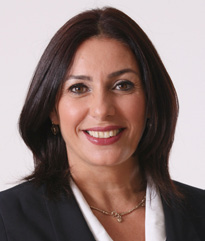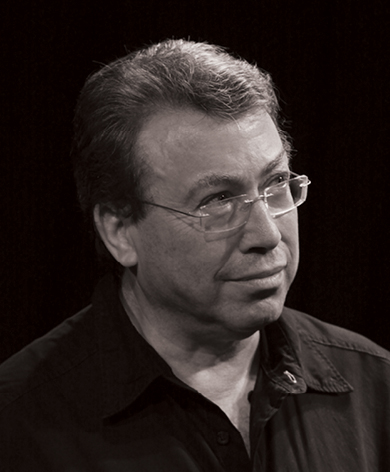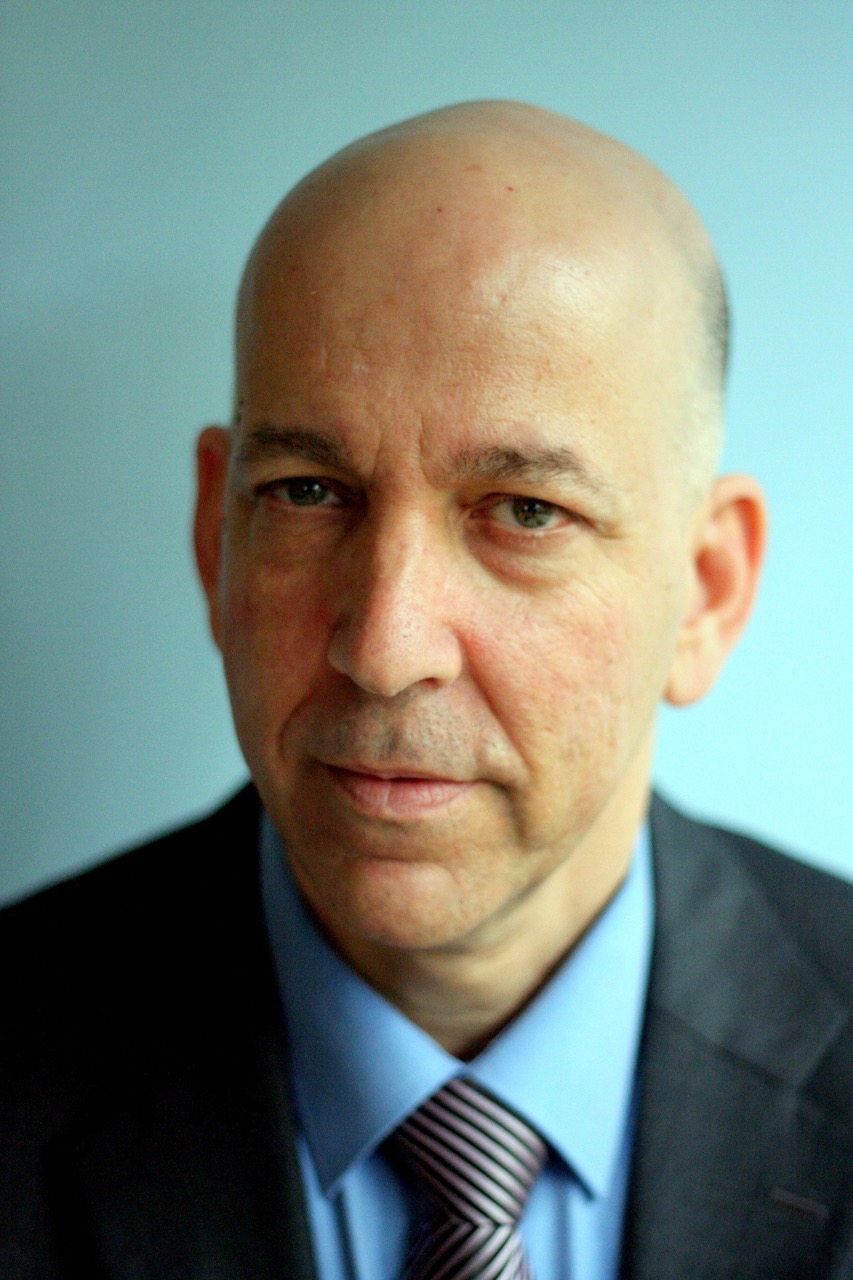The Institute of Israeli Drama is delighted to invite you to the
The International Exposure of Israeli Theatre 2O15
The Institute of Israeli Drama is delighted to invite you to the
The International Exposure of Israeli Theatre 2O15

Minister of Culture and Sport
The State of Israel welcomes our honored guests to the International Exposure Festival, which is being held for the fifteenth consecutive year. The numerous visitors to this Festival include culture enthusiasts as well as the world’s foremost creators, producers, and directors.
As Minister of Culture and Sport of the State of Israel, I wish to say, on my behalf and on behalf of the government of Israel and its citizens, that I attribute paramount importance to your visit and view it as an important and encouraging message to our local culture and creative endeavors.
Culture is one of Israel’s leading exports. This is a country’s way of exposing its universal values; values that both bridge and break down political barriers and borders.
The fact that you are here is an expression of those values; values of freedom that primarily reflect granting free expression to creative endeavor and spirit. Art is a single international language that surmounts obstacles, and bridges between nations, religions, and societies.
The State of Israel is currently contending with voices seeking to delegitimize its spirit; the very spirit that sanctifies democracy and the diversity of cultural discourse. Regrettably, there are voices around the world seeking to challenge these values by attempting to impose a cultural boycott on the State of Israel and our wonderful creative endeavor.
The fact that you have come to Israel is an expression of esteem and respect for its rich and diverse cultural and spiritual world, and more than anything, indicates the values of the countries from which you have come. Countries, such as Sweden, Germany, Greece, Hungary, The Netherlands, the United States, and others, maintain close friendly relations with the State of Israel and longstanding alliances in many and varied aspects, including culture and art, which is the spirit that imbues it with meaning.
I hope you enjoy your visit, draw inspiration and embrace Israeli theatre, so that this time too, it will break through topographical borders, in the name of freedom and the absence of artistic borders. A rich and empowering cultural experience awaits you. You will be seeing the best local productions that honor both local and international culture alike.
I consider you as ambassadors and true friends of Israeli culture and art.
read more >>

Mayor of Tel Aviv-Yafo
"Ah, that moment in the theater, when the light in the auditorium has already been turned off, and the curtain has not yet been raised, and the audience is sitting in the dark and waiting in silence. All the expectations, all the dreams of a thousand people are focused on a single point in the darkness in front of them."
That magical moment, which Hanoch Levin refers to in his play "The Rubber Merchants," is in fact an enchanted one, but it's not the highlight of an evening at the theater. The highlights will come later, when the stage artists – the actors, the director, the playwright, the dancers, the choreographer or the performing musician – transform the viewers from individuals into a single, captivated and mesmerized audience, whom they dazzle with the best of their talent and art.
Original Israeli playwriting is apparently the wand that creates all the magic. When writing for Israeli theater, playwrights underscore local themes, but also universal ones. Their plays deal with matters of an individual and personal nature, but they also shed light on different facets of society and the collective entity. Their writing can be piercing and thought provoking, and at times seeks to escape from reality and provide pure entertainment and a tranquil refuge. Israeli playwriting can be nice and charming - or brutal and shocking. It has the power to amaze and have an impact on us, trigger empathy and unnerve the audience, and make us laugh or cry.
Here in Tel Aviv-Yafo, we believe that art is the oxygen we breathe, the essence of life, and one of the main components of our identity as Israelis. We attribute considerable importance to the existence of a vibrant and diverse cultural life, readily accessible to the general public. We actively advocate the advancement of cultural endeavors, invest in them, and view what we do as a national mission and calling. The world of theater makes a critical contribution to promoting culture, art and the Hebrew language. We are therefore proud to host the International Exposure of Israeli Theatre and the Isra-Drama Festival every year in the city of Tel Aviv-Yafo.
The International Exposure of Israeli Theatre 2015 in Tel Aviv introduces you – prominent figures from theaters around the world – to original Israeli performances that were created here in recent years and adapted to the stage. I'm sure that the works you see this week will manage to illustrate the cultural wealth and the fascinating and superb mosaic that Israeli society is comprised of.
I welcome you and wish you an enjoyable and successful stay.
read more >>

Chair of the Hanoch Levin Institute of Israeli Drama
Dear Guests,
It gives us great pleasure to be your hosts at the International Exposure of Israeli Theatre 2015. You have come from many and varied countries, including Germany, Poland, Denmark, France, Russia, The Netherlands, Bulgaria, Slovakia, Austria, China, Romania, Czech Republic, Slovenia, and the United States.
Israeli theatre is relatively young, it has been active for about one hundred years, during which time Hebrew turned from a holy language into an everyday spoken language. Theatre endeavor has grown over the years, and today it may be stated that in relation to the size of its population, theatre is the most popular art form in Israel.
Theatre performances are held every evening to full houses all over the country. At any given moment people can choose from dozens of different plays and performances. The popularity of Israeli theatre surpasses even that of soccer.
Plays and dramas originating in Israel are also performed on stages all around the world, where they achieve great success, and bridge between cultures and people.
Israeli drama engages in a wide range of subjects and national, cultural, social, and political conflicts, and does so in a variety of artistic forms and styles. Additionally, a generation of young directors has chosen to contend with the world classics (as well as Israeli classics, such as Hanoch Levin and David Grossman) and imbue them with new ideas.
We wish you an enjoyable and fascinating encounter with Israeli theatre, and hope it will yield creative collaborations all over the global village.
read more >>

2015 International Exposure of Israeli Theatre
Dear Guests,
On behalf of the Artistic Committee, I welcome you and thank you for being with us during these particularly tense times. We are frankly very proud and pleased to have selected the eighteen works you will experience as full performances and the eight additional works to be shared in the presentation sessions.
Beyond your warranted interest and curiosity in experiencing this year’s International Exposure of Israeli Theatre, in the deepest sense, today, more than ever, Israeli theater artists want and need to expose their work to you and your audiences. At the core of these diverse works lie artistic integrity and vitality, freedom of expression, and the critical reflection of the performers as socially engaged artists/citizens.
Three trends are visibly reflected in these works. There are a number of contemporary stage interpretations of canonical global classics, such as Romeo and Juliet or Electra, which are not an attempt to be "Israeli” in the sense of social or current events, but rather do so through their theatrical languages.
Secondly, there are intimate personal works such as The Other Body, Paper Heart Pearl, The Lowest Spot in Tel Aviv and My Ex-Stepmother-in-Law, situated between performance and theater, which are based on personal stories, real life characters, and private histories – but invariably bear thought-provoking, broader societal implications. Thirdly, there are local works that are Israeli in their content, like Falling Out of Time and The Road to Ein Harod, which consciously attempt to offer a unique theatrical language, informed by and in dialogue with various contemporary global modes of theatrical expression.
One overarching trend in Israeli theater which is quite evident in this year’s International Exposure crop is the growth of bold independent and fringe theater artists, who stretch the boundaries of discourse and the limits of traditional theater media, trying to make sense of their and our lives and responsibilities amid Israel’s complex socio-cultural, socio-political and cross-border realities.
In one song in the traditional Passover “seder”, participants ask “Ma Nishtana?” or ‘what has changed, what is different? In 2015, much has changed in the Israeli theatre scene. The theatrical arena has been in the spotlight of unprecedented public scrutiny and media attention, receiving its own “national exposure”.
Recent and reportedly imminent national directives of cultural policy are likely to realign the core support for theatre artists and institutions and at least indirectly influence the kind of work that will be funded. These issues have become a growing focus of tension and contention in the encounter between a large share of the concerned local theater community and players in society with Israel's cultural policymakers. The answers to all these, beyond their direct budgetary implications, will likely affect the theater’s central role in the delicate fabric of Israel’s democracy.
Against this dramatic backdrop for this year’s rich International Exposure, we wish you a stimulating few days and hope you discover what you set out to find….and more.
read more >>